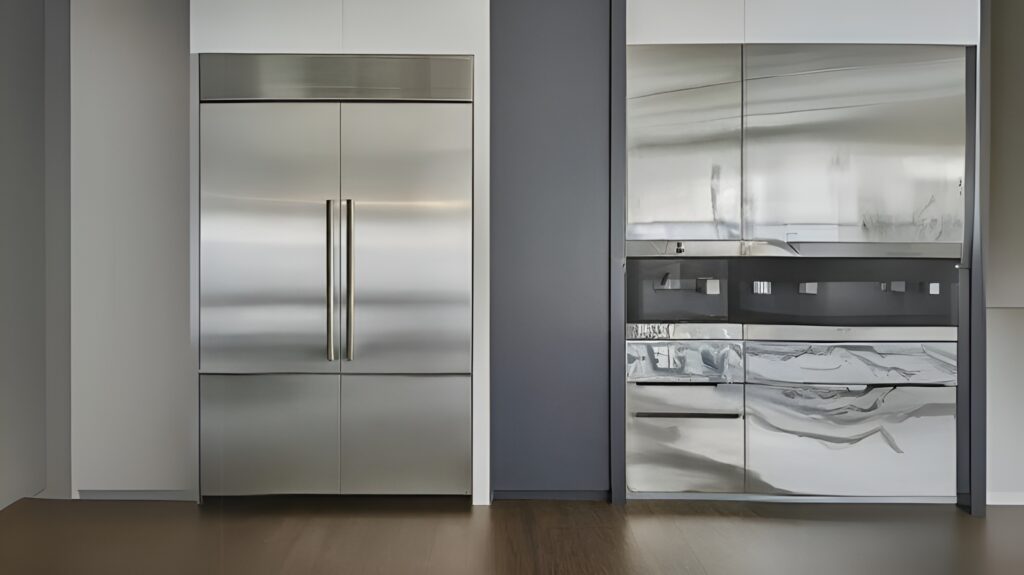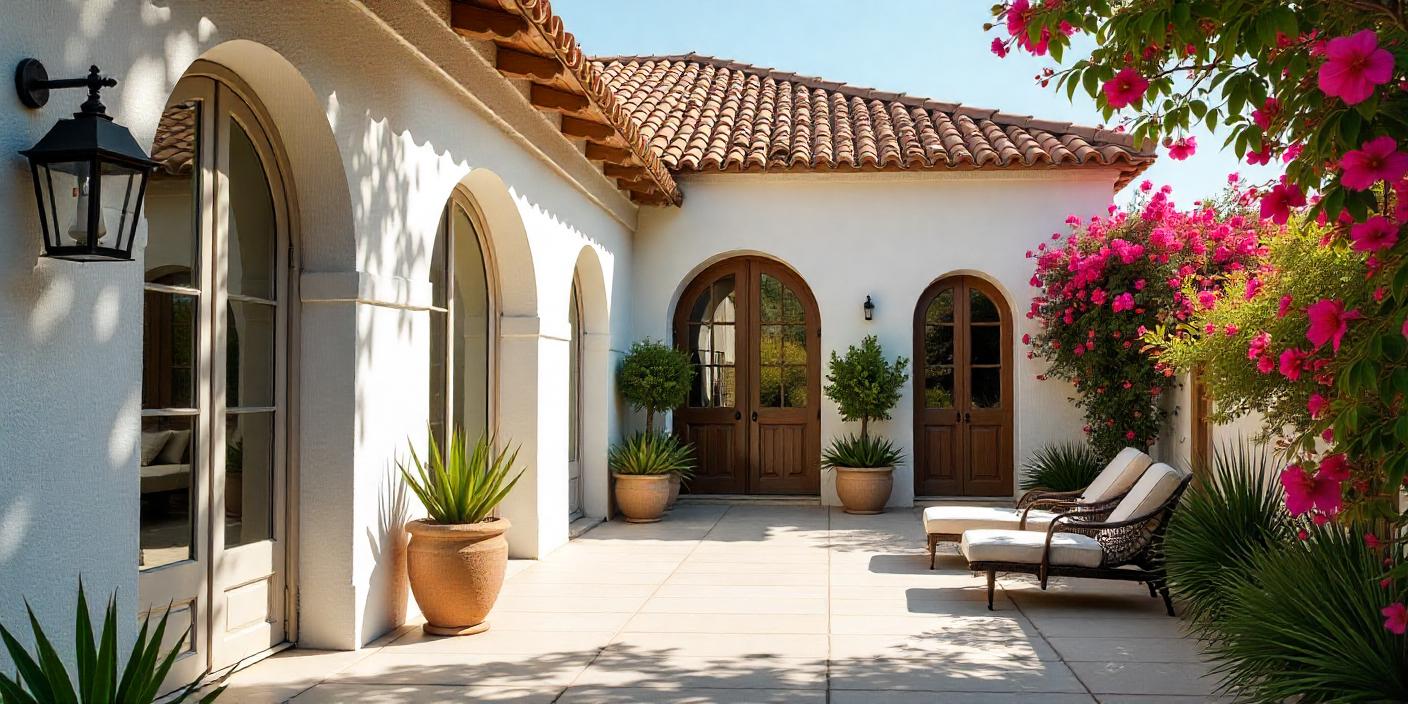Aluminium kitchen cabinets are all the rage, but don't underestimate the timeless appeal of stainless steel! Choosing between these two titans of kitchen storage can be a head-scratcher. After all, your kitchen deserves the best.
The truth is, there's no one-size-fits-all answer. The perfect cabinet material depends on your unique kitchen needs. But fear not! We're here to break down the key differences between aluminium and stainless steel cabinets across five crucial categories. By the end, you'll be armed with the knowledge to choose the champion for your culinary kingdom.
Aluminium Kitchen Cabinets VS Stainless Steel Part 1: Which Lasts Longer?
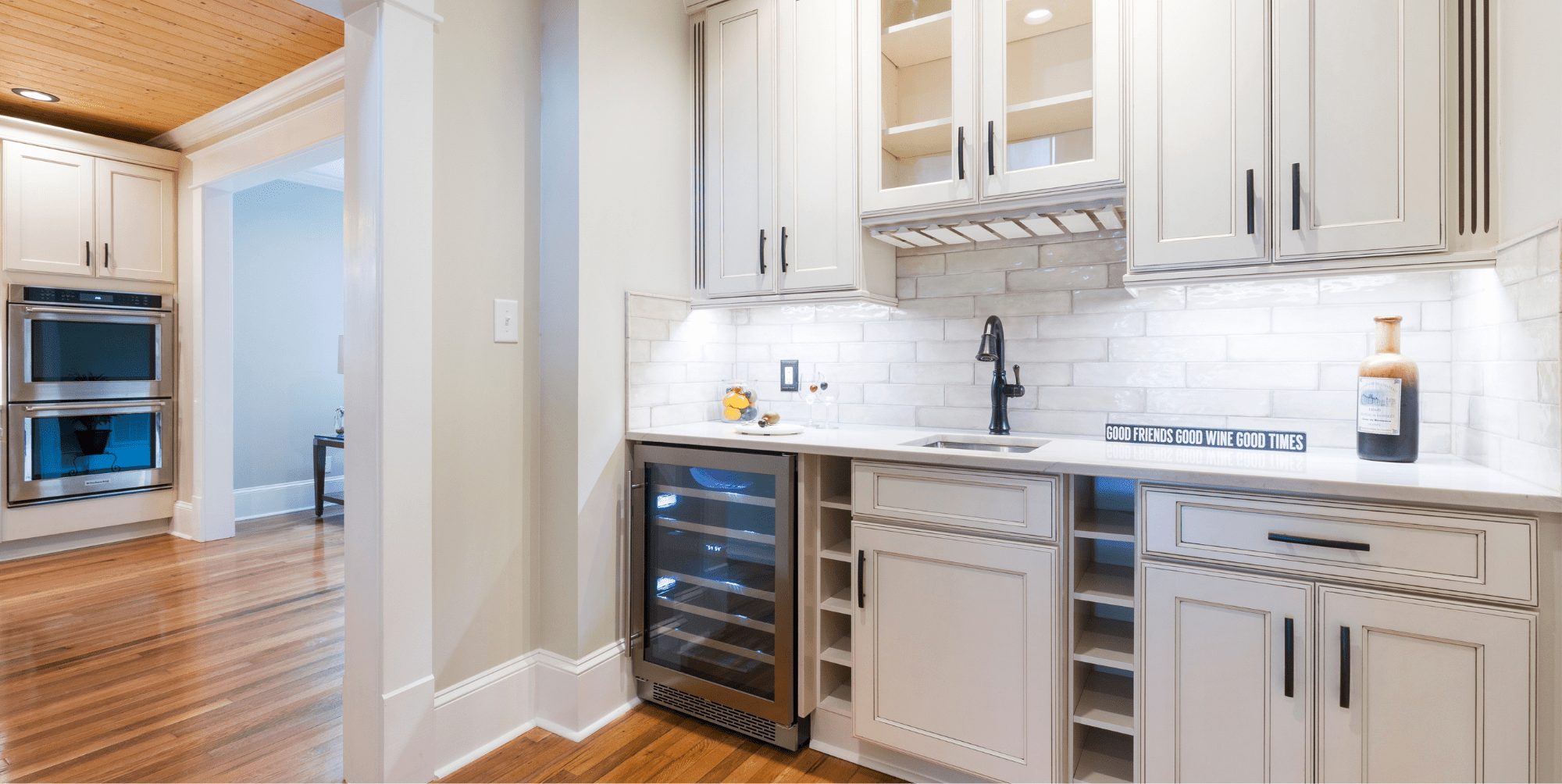
Aluminium vs. Stainless Steel Cabinets: Which One Outlasts the Other?
Forget wood and stone – aluminium and stainless steel are in a league regarding cabinet durability. Scratches? Cracks? These metals laugh them off. But who takes the trophy? Let’s break it down:
Stainless Steel: The Unstoppable Tank
With a dense, unbreakable composition, stainless steel thrives under harsh conditions. Sun, rain, or snow – bring it on. Perfect for outdoor kitchens where durability matters most, stainless steel is practically invincible.
Aluminum: Lightweight Contender (Handle With Care!)
Aluminum cabinets offer an impressive strength-to-weight ratio, making them easy to handle and ideal for indoor spaces. But heads up – while sturdy, aluminum is more prone to dents, so keep those heavy pans in check!
Heat Resistance: Stainless Steel Stands Strong
When the heat cranks up, stainless steel doesn’t back down. Its high heat tolerance makes it the go-to for outdoor kitchens, handling grill-side temps with ease. Aluminum, however, fits best indoors, where extreme heat isn’t an issue.
Aluminium Kitchen Cabinet VS Stainless Steel Part 2: Who Wins the Corrosion Battle?
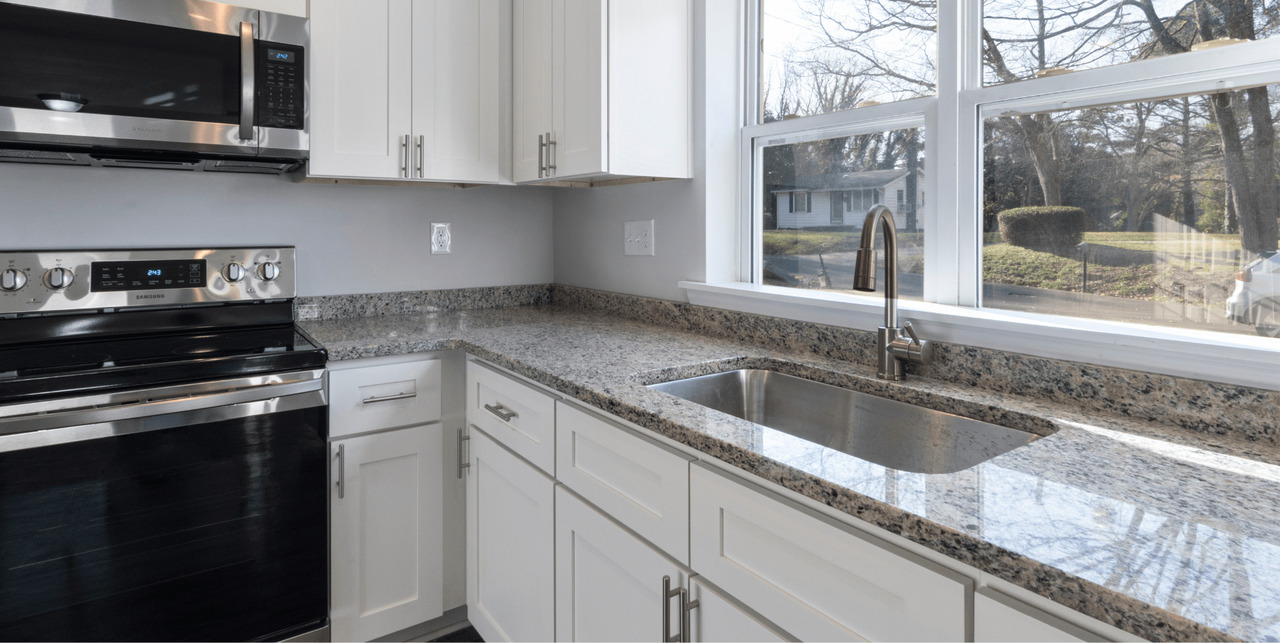
Kitchens can be warzones – spills, splatters, and the occasional rogue tomato all pose a threat. But worry not, both aluminium and stainless steel are corrosion-resistant warriors!
Stainless Steel: The Impenetrable Fortress
Stainless steel contains chromium, a secret weapon that forms an invisible shield. This shield readily tackles rust, the bane of most metals. Even if rust appears, it's just a surface blemish – the chromium shield simply regenerates after a good cleaning! Plus, stainless steel's non-porous nature further boosts its defense against corrosion.
Aluminium: The Guarded Ally
While not immune to corrosion like stainless steel, aluminium puts up a good fight. A thin layer of aluminium oxide acts as its protective barrier. However, this shield has limitations, offering less defense against certain types of corrosion.
The winner in this round depends on your kitchen's environment. For outdoor kitchens exposed to wind, rain, and sun, high-quality stainless steel reigns supreme. Its superior corrosion resistance ensures it will maintain its sleek look for years to come with regular cleaning.
Indoor kitchens might not require the same level of protection. In this case, aluminium's good corrosion resistance can be a budget-friendly option. Just remember, both materials benefit from regular cleaning to maintain their shine!
Aluminium Kitchen Cabinet VS Stainless Steel Part 3: The Conductivity Showdown

When it comes to scorching temperatures, kitchen cabinets need to stay cool, literally. This is where conductivity comes into play.
Aluminium excels at conducting heat. While this might sound beneficial, in hot climates, it can backfire. Those cabinets will readily absorb heat, making your outdoor kitchen feel even warmer. Not ideal!
Stainless steel is the antithesis of aluminium in this battle. It conducts heat much slower, acting as an insulator. This keeps your outdoor kitchen feeling refreshingly cool, even on sweltering days. Plus, stainless steel can withstand higher temperatures without becoming brittle, another win for durability.
Aluminium Kitchen Cabinet VS Stainless Steel Part 4: The Weight Factor
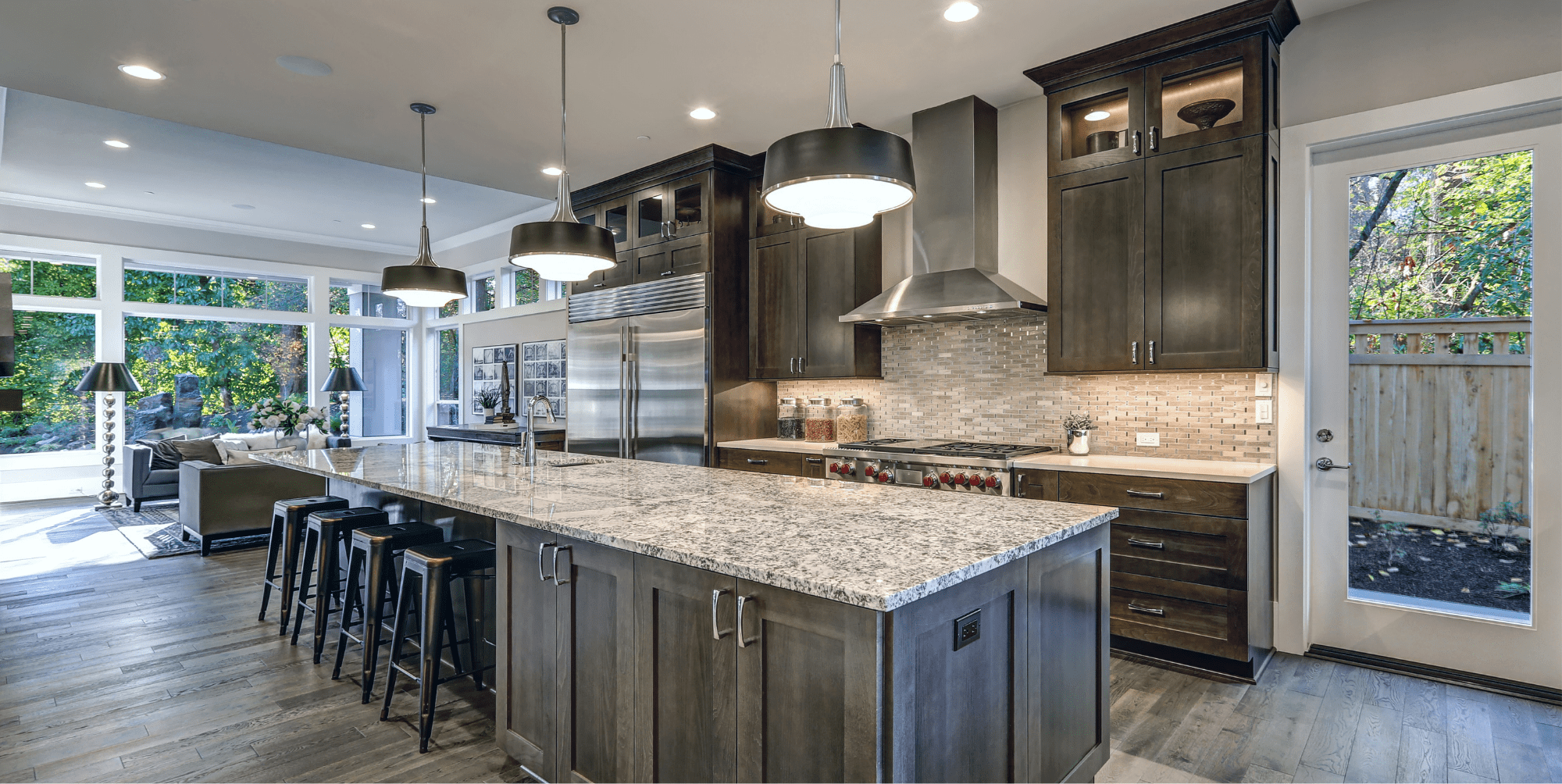
Let's face it, lugging around heavy cabinets is no fun. This is where weight becomes a crucial factor.
Aluminium: The Lightweight Champ
Aluminium's greatest advantage is its lightweight nature. This makes it very easy to transport and install, which is ideal for DIY enthusiasts or anyone tackling a kitchen renovation independently.
Stainless Steel: The Sturdy Heavyweight
Stainless steel's impressive strength comes at a cost – weight. These cabinets are undeniably heavier, making them trickier to move and install. Professional help might be necessary for larger or more complex projects.
Consider Your DIY Skills
Aluminium's lightweight nature makes it a dream to work with for the handy homeowner. However, if you're looking for the ultimate in durability, especially for outdoor kitchens, stainless steel's heft might be a worthwhile trade-off.
Aluminium Kitchen Cabinet VS Stainless Steel Part 5: The Cost Comparison
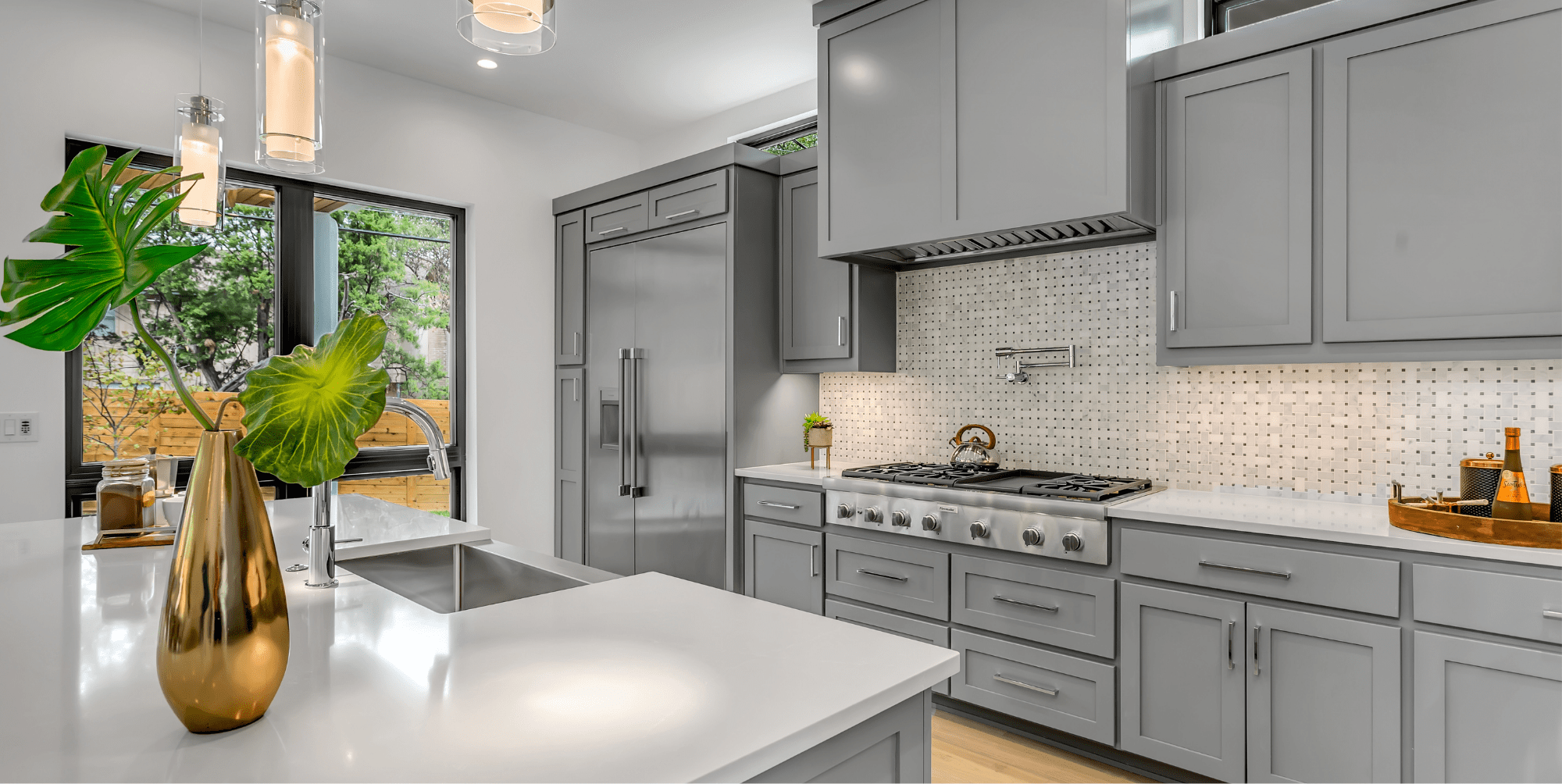
When considering materials for outdoor spaces or kitchen designs, the choice between aluminium and stainless steel can significantly impact both aesthetics and functionality.
Aluminium is generally the more affordable option, making it appealing for budget-conscious homeowners looking to maximize value without compromising on style. Its lightweight nature and resistance to rust are additional benefits, especially for various outdoor applications.
On the other hand, stainless steel, while often more expensive initially, is renowned for its durability and longevity. This material excels in withstanding the elements, which is crucial for outdoor kitchens or high-use areas. Although maintenance is minimal for both materials, if corrosion becomes an issue, repairs for stainless steel can be costlier.
In summary, if budget constraints are your primary concern, aluminium is the way to go. However, if you’re focused on investing in a material that offers long-term value and resilience, particularly in outdoor environments, stainless steel may justify the higher upfront cost.
Choosing Between Aluminum and Stainless Steel Kitchen Cabinets: Key Factors to Consider
When deciding between aluminum and stainless steel cabinets, it’s essential to weigh the pros and cons of each based on your kitchen needs.
Durability: Stainless steel wins the durability contest with its unmatched strength and resilience, making it ideal for outdoor kitchens. It withstands extreme conditions like sun, rain, and snow without faltering, providing lasting toughness.
Weight Advantage: Aluminum’s lightweight nature makes it a top choice for indoor kitchens, especially for upper cabinets or areas where easy handling matters. Its strength-to-weight ratio makes it practical without sacrificing style.
Corrosion Resistance: Stainless steel’s high chromium content forms a protective layer against rust, giving it the edge in corrosion resistance. This makes stainless steel the preferred option in humid climates or outdoor settings, where moisture exposure is a factor.
Each material has its strengths, but your choice ultimately depends on the setting and priorities: go for stainless steel’s rugged endurance outdoors or aluminum’s lighter versatility indoors.
Conductivity, Weight, and Cost: The Final Showdown Between Aluminium and Stainless Steel Cabinets
Factors like conductivity, weight, and cost can make all the difference when choosing between aluminum and stainless steel kitchen cabinets.
Conductivity: Stainless steel takes the lead here, as it absorbs heat more slowly and can handle high temperatures, making it ideal for outdoor kitchens and areas exposed to direct heat. Aluminium, on the other hand, is highly conductive, which makes it more sensitive to temperature changes – something to consider for heat-intensive spots.
Weight vs. Durability: Aluminum is lighter and easy to install, a bonus for indoor setups or spaces needing flexibility. But stainless steel’s heft isn’t just extra weight – it adds durability, making it perfect for withstanding tough weather and heavy use without budging.
Cost: Aluminium is generally more budget-friendly upfront, making it attractive for those looking to save on installation. However, both aluminum and stainless steel are long-term investments, offering durability and style that stand the test of time.
In summary, aluminium offers affordability and lightness, while stainless steel brings unmatched strength and heat resistance – pick the one that best suits your kitchen’s demands.

